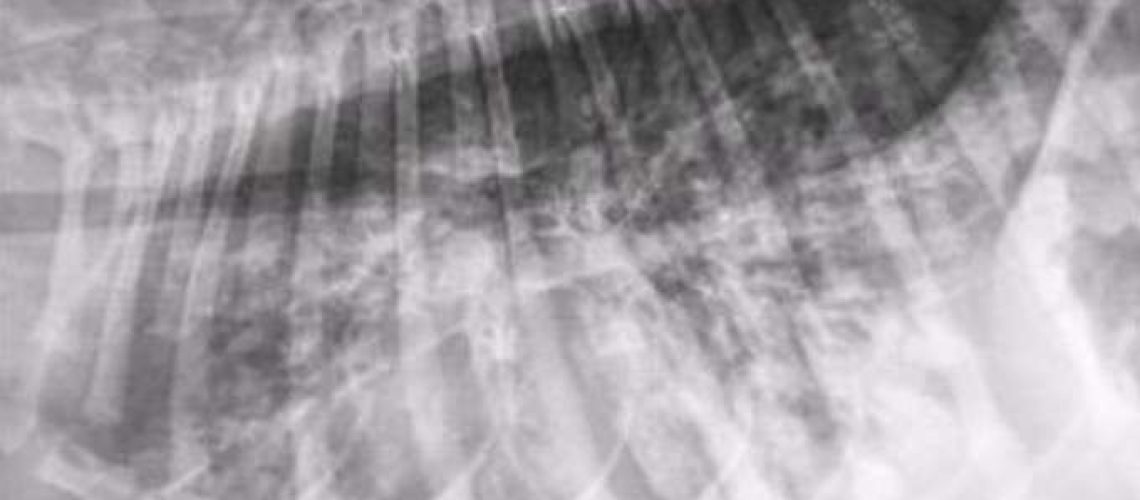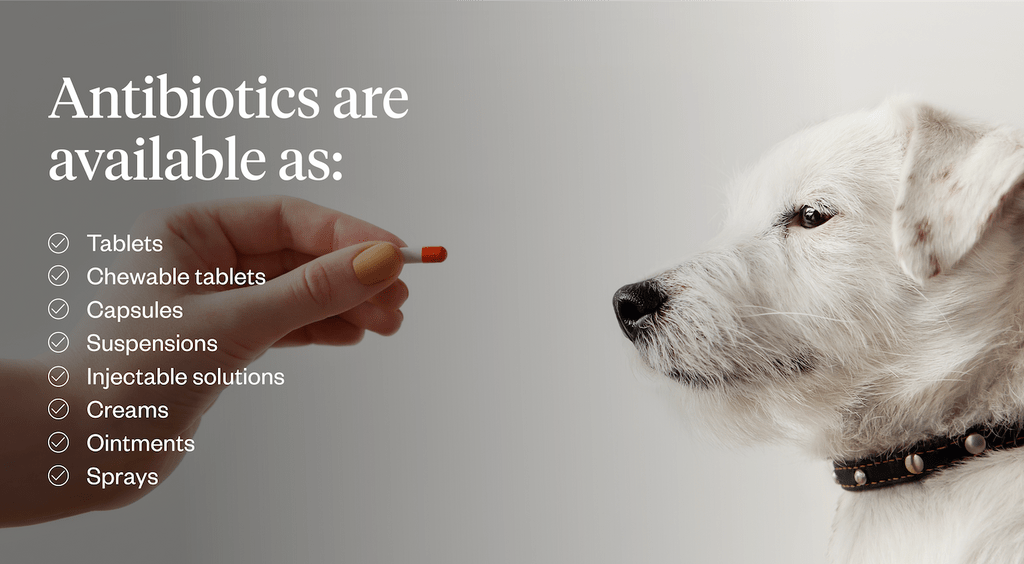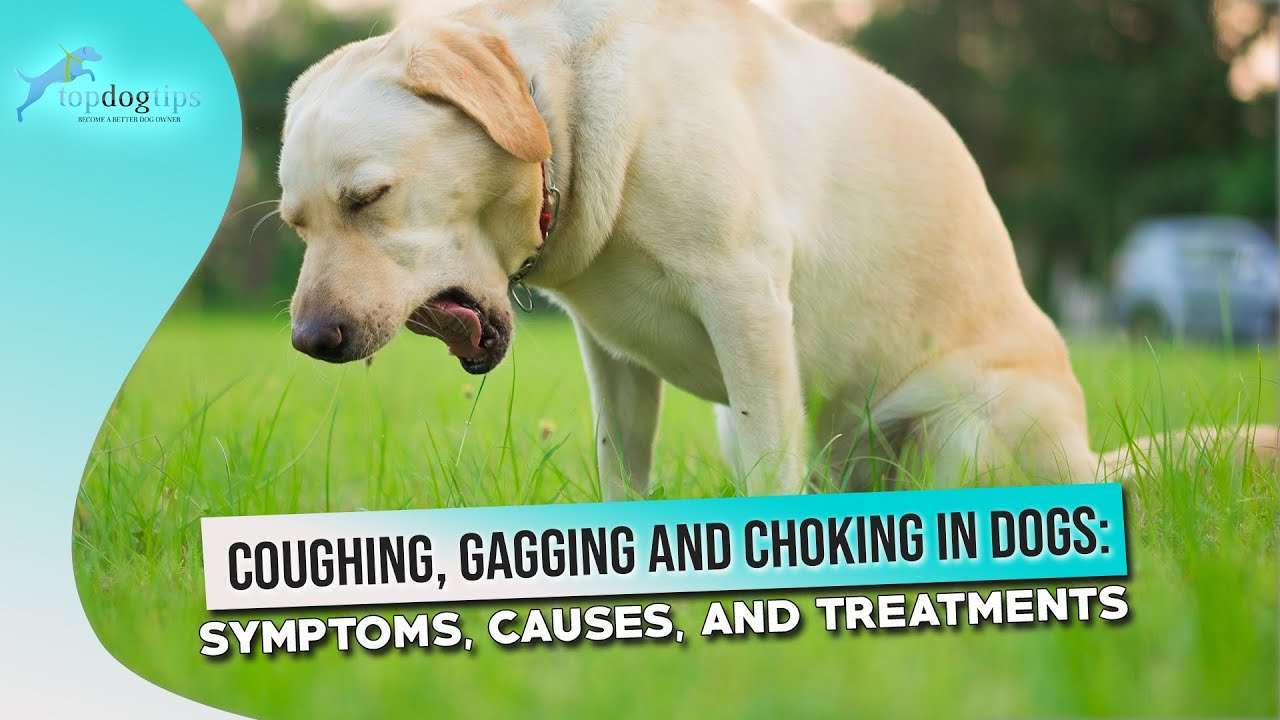Key Takeaways:
- Pneumonia in dogs is a serious respiratory infection that can be caused by bacteria, viruses, or fungi.
- Common symptoms of pneumonia in dogs include coughing, difficulty breathing, fever, loss of appetite, and lethargy.
- Veterinary diagnosis of pneumonia in dogs involves a thorough physical examination, chest x-rays, blood tests, and possibly a tracheal wash or bronchoscopy.
- Treatment for pneumonia in dogs typically includes antibiotics to target the specific infection causing the illness, as well as supportive care such as oxygen therapy and fluid administration.
- Prevention of pneumonia in dogs involves keeping their vaccinations up to date, avoiding exposure to sick animals or contaminated environments, and maintaining good overall health through regular veterinary check-ups and a balanced diet.
Are you a dog lover? If so, then understanding the topic of pneumonia in dogs is crucial for providing them with the best care possible. Pneumonia, a lung infection that affects our furry friends, can cause serious health issues if left untreated. By delving into this subject, you will gain valuable knowledge on how to recognize the symptoms, prevent its occurrence, and ensure your dog's overall well-being. Did you know that pneumonia is one of the leading causes of death in dogs? With this information at your fingertips, you'll be equipped to protect your beloved pet from this potentially life-threatening condition. So let's dive in and explore the world of pneumonia in dogs together!
What is Pneumonia in Dogs and How Does it Happen?
Pneumonia in dogs is a respiratory condition that causes inflammation and infection in their lungs. It can be caused by various factors, including bacteria, viruses, fungi, or aspiration of foreign objects into the lungs. When a dog breathes in these harmful agents, they can travel down into the airways and cause an infection.
Dogs with weakened immune systems or underlying health conditions are more susceptible to developing pneumonia. Additionally, dogs who have been exposed to crowded or unsanitary environments, such as shelters or kennels, are at higher risk. Pneumonia can also occur as a secondary infection following another respiratory illness like kennel cough.
To understand how pneumonia happens, imagine your dog's lungs as a network of tiny air sacs called alveoli. These air sacs are responsible for exchanging oxygen and carbon dioxide during breathing. When an infection occurs, the alveoli become filled with fluid and pus instead of air. This makes it difficult for your dog to breathe properly and get enough oxygen into their bloodstream.
Common Causes of Pneumonia in Dogs:
- Bacterial infections: Bacteria like Bordetella bronchiseptica or Streptococcus canis can invade the lungs and cause pneumonia.
- Viral infections: Viruses such as canine influenza virus or canine distemper virus can weaken the immune system and make dogs more susceptible to bacterial pneumonia.
- Fungal infections: Certain types of fungi found in soil or bird droppings can lead to fungal pneumonia if ingested or inhaled by dogs.
- Aspiration pneumonia: This occurs when a dog inhales foreign objects such as food particles, vomit, or liquids into their lungs.
How Does Pneumonia Spread?
Pneumonia can spread from one dog to another through direct contact with respiratory secretions, such as coughing or sneezing. It can also be transmitted indirectly through contaminated objects like food bowls or toys. Dogs who are in close proximity to infected individuals, especially in crowded environments, are at higher risk of contracting pneumonia.
It's important to note that not all dogs exposed to the same infectious agent will develop pneumonia. Some dogs may have a stronger immune response and fight off the infection without developing symptoms. However, those with weaker immune systems or underlying health conditions are more likely to develop pneumonia if exposed.
Common Symptoms of Pneumonia in Dogs to Look Out For
Coughing and Difficulty Breathing
When a dog has pneumonia, one of the most common symptoms is a persistent cough. This cough may be dry or produce phlegm. Additionally, dogs with pneumonia may experience difficulty breathing. They may breathe rapidly or have shallow breaths, and you may notice their nostrils flaring as they struggle to take in enough air.
Fever and Lethargy
Another symptom of pneumonia in dogs is a fever. A dog's normal body temperature ranges between 100.5°F and 102.5°F, so if their temperature rises above this range, it could indicate an infection like pneumonia. Along with the fever, dogs with pneumonia often appear lethargic and lack energy. They may not show interest in their usual activities and may prefer to rest or sleep more than usual.
Loss of Appetite and Weight Loss
Pneumonia can also affect a dog's appetite. Dogs with this condition may lose interest in food and water, leading to a decrease in their overall intake. As a result, they may experience weight loss over time. It's important to monitor your dog's eating habits and consult with a veterinarian if you notice any significant changes.
How to Identify Pneumonia Symptoms Early
To identify pneumonia symptoms early on, it's crucial to pay attention to your dog's behavior and overall well-being. If you notice any combination of persistent coughing, difficulty breathing, fever, lethargy, loss of appetite, or weight loss, it is recommended to seek veterinary care promptly.
How Veterinarians Diagnose Pneumonia in Dogs
Physical Examination and History Taking
When diagnosing pneumonia in dogs, veterinarians typically start with a thorough physical examination. They will carefully observe the dog's breathing pattern, listen to their lungs using a stethoscope, and check for any abnormal sounds or crackles. Additionally, the veterinarian will ask the dog owner about the dog's medical history, including recent illnesses or exposure to other sick animals.
Chest X-rays and Imaging Tests
To confirm the diagnosis of pneumonia, veterinarians often rely on chest x-rays and other imaging tests. These tests allow them to visualize the lungs and identify any abnormalities such as inflammation or fluid accumulation. Chest x-rays can provide valuable information about the extent and location of the infection, helping veterinarians determine the most appropriate treatment plan.
Blood Tests and Laboratory Analysis
Blood tests are another important tool in diagnosing pneumonia in dogs. These tests help veterinarians assess the overall health of the dog and detect any underlying conditions that may contribute to pneumonia. Blood samples can be analyzed for markers of infection or inflammation, providing additional evidence to support the diagnosis.
Overall, diagnosing pneumonia in dogs requires a combination of physical examination, imaging tests like chest x-rays, and laboratory analysis of blood samples. By considering all these factors together, veterinarians can accurately diagnose pneumonia and develop an effective treatment plan for the affected dog.
Possible Treatments for Pneumonia in Dogs and Recovery Time
Antibiotic Therapy
The primary treatment for bacterial pneumonia in dogs is antibiotic therapy. Veterinarians prescribe specific antibiotics based on the type of bacteria causing the infection. It is crucial to administer antibiotics as directed by your veterinarian to ensure proper dosage and duration of treatment. In some cases, dogs may need to be hospitalized for intravenous antibiotic administration.
Supportive Care
Alongside antibiotic therapy, supportive care plays a vital role in the recovery of dogs with pneumonia. This includes providing a warm and comfortable environment, ensuring proper hydration, and offering easily digestible food. In severe cases, dogs may require oxygen therapy or nebulization to help ease breathing difficulties.
Recovery Time
The recovery time for dogs with pneumonia can vary depending on the severity of the infection and the overall health of the dog. Mild cases may resolve within a couple of weeks with appropriate treatment, while more severe cases may take several weeks or even months to fully recover. It is essential to closely follow your veterinarian's instructions and attend all follow-up appointments to monitor your dog's progress during the recovery period.
Preventive Measures to Reduce the Risk of Dog Pneumonia
Vaccinations
One of the most effective preventive measures against pneumonia in dogs is ensuring they receive regular vaccinations. Vaccines can protect against common respiratory pathogens that can cause pneumonia, such as Bordetella bronchiseptica and canine influenza virus. Consult with your veterinarian about the appropriate vaccination schedule for your dog based on their lifestyle and risk factors.
Maintaining Good Hygiene
Maintaining good hygiene practices can also help reduce the risk of dog pneumonia. Regularly clean your dog's living area, including bedding and toys, to minimize bacterial or viral contamination. Avoid exposing your dog to crowded or poorly ventilated environments where respiratory infections are more likely to spread.
Can Humans Catch Pneumonia from Infected Dogs?
Rare Transmission Possibility
While it is rare for humans to catch pneumonia directly from infected dogs, certain bacteria or viruses causing pneumonia in dogs can potentially infect humans under specific circumstances. These zoonotic infections are usually opportunistic and more likely to affect individuals with weakened immune systems, such as the elderly, young children, or those with underlying health conditions.
Precautions for High-Risk Individuals
To minimize the risk of transmission, it is advisable for high-risk individuals to avoid close contact with dogs diagnosed with pneumonia. If you have a weakened immune system or fall into a high-risk category, it is essential to practice good hygiene, including regular handwashing and avoiding direct contact with respiratory secretions from infected animals.
In conclusion, while the transmission of pneumonia from dogs to humans is rare, it is crucial for individuals at higher risk to take necessary precautions. By following proper hygiene practices and seeking medical advice if exposed to an infected dog, the risk of zoonotic transmission can be minimized.
Preventive Measures to Reduce the Risk of Dog Pneumonia
Vaccination
Vaccination is a crucial preventive measure to reduce the risk of dog pneumonia. Regular vaccinations can protect dogs from various infectious diseases, including those that can lead to pneumonia. Vaccines work by stimulating the dog's immune system to recognize and fight specific pathogens. It is important to follow a vaccination schedule recommended by a veterinarian, as different vaccines may be needed based on the dog's age, breed, and lifestyle. By ensuring your dog receives all necessary vaccinations, you can significantly lower their chances of contracting pneumonia.
Good Hygiene Practices
Maintaining good hygiene practices for your dog can also help prevent pneumonia. Regularly bathing your dog with appropriate pet-friendly shampoos helps keep their skin clean and reduces the risk of skin infections that could potentially lead to pneumonia. Additionally, keeping your dog's living area clean and free from excessive dirt or moisture helps minimize the growth of harmful bacteria or fungi that could cause respiratory infections. Providing fresh water daily and regularly cleaning food and water bowls also contributes to overall hygiene.
Avoid Exposure to Sick Dogs
To reduce the risk of dog pneumonia, it is essential to avoid exposing your furry friend to sick dogs whenever possible. Dogs with respiratory infections can easily spread pathogens through coughing or sneezing. If you notice symptoms like coughing, nasal discharge, or difficulty breathing in another dog, it is best to keep your own dog away from them until they have fully recovered. This precautionary measure helps prevent transmission of infectious agents that could potentially lead to pneumonia in healthy dogs.
Can Humans Catch Pneumonia from Infected Dogs?
Rare but Possible
While it is rare for humans to catch pneumonia directly from infected dogs, it is still possible in certain circumstances. Most cases of pneumonia in humans are caused by bacteria or viruses that primarily affect humans, not dogs. However, there have been a few reported instances where humans have contracted pneumonia from close contact with infected dogs. This usually occurs when a person has a weakened immune system or if the dog is carrying a zoonotic pathogen that can be transmitted to humans.
Precautions to Minimize Risk
To minimize the risk of contracting pneumonia from infected dogs, it is important to practice good hygiene and take necessary precautions. Regularly washing hands after handling dogs, especially those showing signs of respiratory illness, can help prevent the spread of potential pathogens. Avoiding close contact with sick dogs and wearing protective gloves or masks when dealing with their bodily fluids can also provide an extra layer of protection. If you have a compromised immune system or respiratory conditions, it is advisable to consult with your healthcare provider for specific guidance on interacting with infected animals.
Remember, while the chances of getting pneumonia from an infected dog are low, taking these precautions ensures the safety and well-being of both you and your furry companion.
In conclusion, pneumonia is a serious lung infection that can affect dogs. It is important for dog owners to recognize the symptoms and seek veterinary care promptly to ensure their pet's health and well-being.
Can a dog recover from pneumonia?
Although pneumonia in dogs and its symptoms can have serious implications, most dogs experience a complete recovery when treated promptly. Our Modesto veterinarians will discuss the typical types and symptoms of pneumonia in dogs, as well as its treatment methods.
How can you tell if your dog has pneumonia?
Dogs with bacterial pneumonia typically experience symptoms such as a high fever, breathing difficulties, decreased stamina, lethargy, and a cough. Additional signs may include a runny nose, loud breathing, rapid breathing, weight loss, loss of appetite, and dehydration.
What are the 4 stages of pneumonia in dogs?
The four stages of pneumonia are congestion, red hepatization, gray hepatization, and resolution, in that order. This information is as of January 1, 2022.
What is the survival rate for dogs with pneumonia?
The prognosis for dogs with pneumonia is generally positive, as long as they receive prompt and intensive veterinary care. Research indicates that roughly 77 to 94 percent of dogs with bacterial pneumonia survive and are able to be released from the hospital.
What do vets do for dogs with pneumonia?
To treat bacterial pneumonia, a wide-ranging antibiotic may be used to combat the infection. If a tracheal wash was performed by your vet, they may choose to switch antibiotics later on based on the bacteria identified in the test. On the other hand, fungal pneumonia usually requires medication specifically designed to treat fungal infections.
Do antibiotics help pneumonia in dogs?
Treating bacterial infections, including those in the lungs, often relies on the crucial use of antibiotic therapy. This mode of treatment is vital for addressing bacterial infections and is equally important for respiratory infections.

















